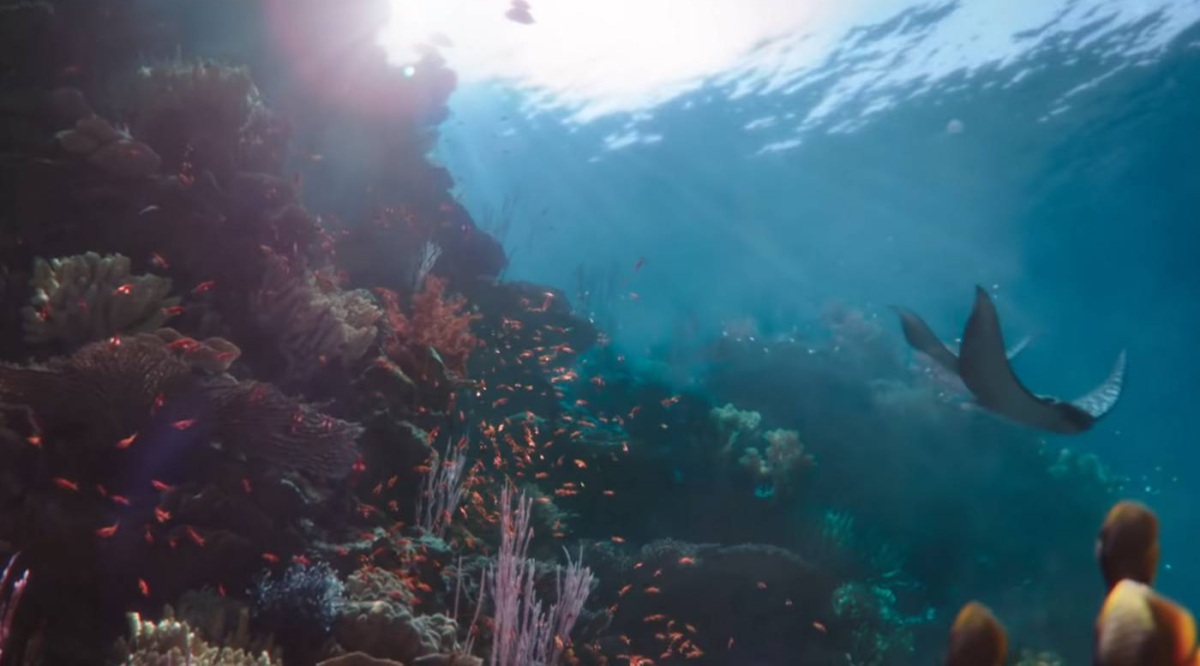We are making a completely false choice for Ukraine, which, if imposed, could unnecessarily undermine European unity. Last week’s poll for the European Council on Foreign Relations found that two camps are emerging in European public opinion: a larger peace camp (35%), which wants to reduce and run now, and a smaller justice camp (22%). who wants to move forward to victory. In fact, if you look at the details, there are three groups, with the largest (43%) choosing both peace and justice, writes the Guardian.
This division between peace and justice is also reflected in public controversy. At one extreme is Henry Kissinger, who argues in Davos that Ukraine must cede territory now to ensure a ceasefire and warns us to avoid humiliating Vladimir Putin. Not surprisingly, this has provoked a sharp reaction from those who rightly point out that Putin shows no signs of being willing to negotiate seriously or respond to concessions. Preventive disruption is more likely to not only fail to ensure lasting peace, but will also leave Putin in a position to return and seize more from Ukraine after regrouping.
At the other extreme, passionate supporters of Ukraine such as Ann Applebaum and Timothy Snyder believe that Ukraine must be supported against Russia until a complete victory is achieved. It is convenient that they never define what victory is. Does this return Russia to the lines of February 23? Or outside Ukrainian territory at all? Should Ukraine continue to fight until the Russian armed forces are completely neutralized and Putin is overthrown?
In this debate, it seems that we have not learned any of the lessons of our history. You can impose conditions on a country only if you conquer it, as the Allies did in Germany in 1945. Otherwise, even the “winners” must negotiate, as in Versailles in 1919. And because no one is proposing Ukraine to invade Russia , Volodymyr Zelensky is right to say that this war will have to end with the settlement of negotiations. Russia will continue to exist as Ukraine’s neighbor and will still have a much larger armed force. There will be lasting peace only if we do not let Russia mourn, isolated and waiting for the next opportunity to invade.
There is always a tension between peace and justice when trying to resolve a conflict. If Colombian President Santos Calderon had told Fark leaders in 2012 that he wanted peace, but they would have to go to prison for 30 years and that was a fair bet, they would not be interested in negotiations. It would also be wrong to accept a full amnesty after 50 years of war, leaving the victims unsatisfied. Instead, Santos created a system of transitional justice to strike a balance between peace and justice, to give past victims the justice they deserve, while making sure there are no new victims in the future. There will have to be the same balance between peace and justice in Ukraine.
In essence, this debate loses sight of the essential fact that Ukrainians are at war, not us. We could have defended them, as we did for Poland in 1939 (too late), in Kuwait in 1991 or in Kosovo in 1999, but we chose not to do so. Therefore, only Ukrainians have the right to decide when to negotiate and what concessions to make. They should not be pressed again for a peace agreement, which they cannot reach, as they were in Minsk in 2014. Nor should they be pressed for an endless war.
Putin is not yet ready for serious talks. But he can be ready, depending on his calculations after the battle of Donbass, so we need to be prepared. He can declare a ceasefire, as he did in 2014, retaining the territory he has conquered. This will leave Ukraine facing another frozen conflict, which Putin will use to prevent the country from moving towards a European future. Such a ceasefire would be a trap. Ukraine may need to insist on fighting and speaking at the same time in order to reach a satisfactory agreement. It must be backed in these negotiations by its allies, who hold the key to sanctions and security guarantees, to deter Russia from invading again. We must act now to set up a group of friends of Ukraine to offer this support, as other negotiation processes have done.
The biggest guarantee for Ukraine’s secure future is in the hands of the EU. If Ukraine has candidate status with a clear path to membership, even a long one, then it will be much harder for Russia to invade again. It will also give the Ukrainian government the leverage and incentives it needs to fundamentally reform a system still too dominated by the corrupt legacy of the Soviet-era oligarchs and kleptocrats. It is difficult for the EU, which is very aware of its past mistakes in admitting countries too early. But he knows that Ukraine is a special case.
We must also broaden the current negotiating agenda. Early talks between Russia and Ukraine focused too much on Russia’s demands for Ukraine’s territory and neutrality. A new agenda must be balanced with Ukraine’s priorities: justice for the crimes committed, reconstruction of the country and recognition of Ukraine’s territorial integrity. The question of territory is ultimately a zero-sum game. We will have to increase the share to find ways to allow compromises. This requires broader negotiations on the future of European security, including a new agreement on conventional forces and new NATO-Russia relations.
The false dichotomy we risk now creating between peace and justice in Ukraine will play into Putin’s hands. The unity shown so far has breathed new life into the EU and NATO, and we must not threaten it. If we want this to be the last European war, then we need to focus on setting the table for the right kind of negotiation, instead of arguing unnecessarily about how much we are willing to eat.
–


